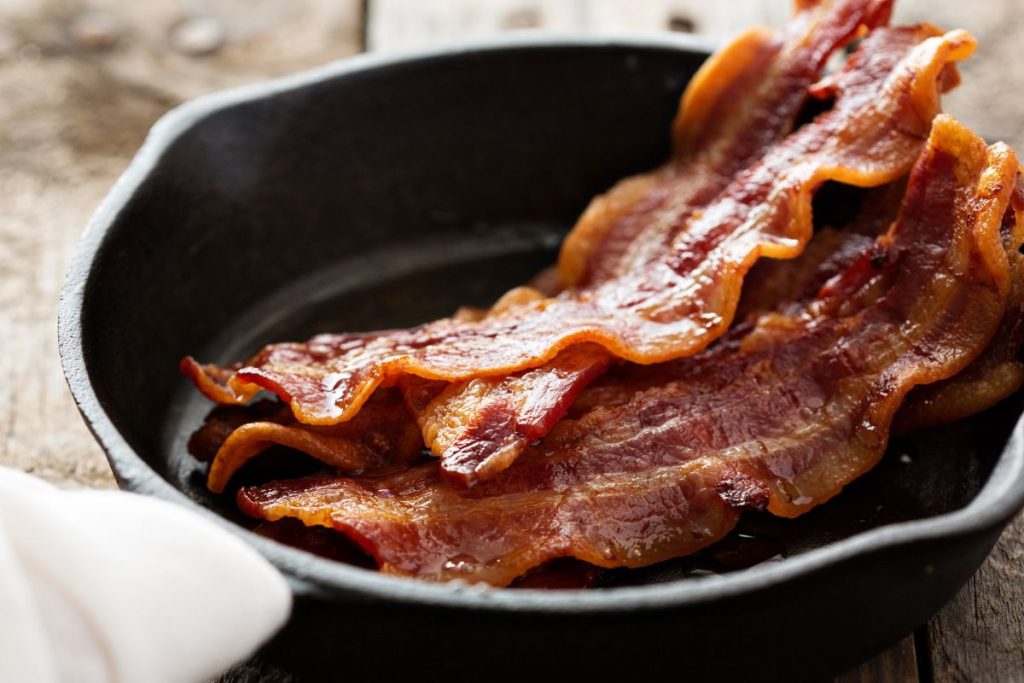Blood cholesterol is a natural fat. Your body needs it to work properly. Blood cholesterol helps to make hormones, such as testosterone, cell membranes (which cover the cells), and vitamin D. The problem is when there is too much.
What’s good and what’s bad cholesterol?
Your liver makes about 80% of your body’s cholesterol. The rest comes from your diet. Eating foods that are high in cholesterol can have an impact on the blood cholesterol of some people. Having too much cholesterol in the blood is a risk factor for heart attacks and strokes.
In the bloodstream, cholesterol must be transported by a substance called lipoprotein. There are two categories of lipoproteins associated with good and bad cholesterol:
- Low-Density Lipoproteins (LDL) the “bad” cholesterol;
- High-Density Lipoproteins (HDL), the “good” cholesterol.
Bad cholesterol, when it is found in excess, narrows your arteries by covering them with plates (a mixture of fat, calcium and cholesterol). In other words, they clog your blood vessels and reduce the supply of oxygen and blood flowing to your heart, brain and other organs.
Over time, the surface of these plates breaks and forms a clot. If the obstruction occurs in an artery of your heart, this causes a heart attack. If it occurs in an artery in your brain, it is called a stroke.
Good cholesterol, on the other hand, can lower your risk of developing heart disease by moving bad cholesterol from your arteries to your liver, which gets rid of it.
You have prostate cancer and you are receiving hormone therapy?
We know that hormone therapy causes side effects you do not see: increased sugar levels, cholesterol, blood pressure, and decreased bone density (see What you need to know before starting hormone therapy). But there are other risk factors, including the following:
- If you are 40 and over
- If you are diabetic, hypertensive, or suffer from heart disease
- If you have a family history of heart disease or stroke
- If you have erectile dysfunction
- If your waist is more than 102 cm
- If you smoke
High cholesterol is a silent disease. Did you know?
High cholesterol has no symptoms. Only a blood test can detect high cholesterol levels. Many men do not even know that they have high cholesterol. They can not even work to reduce their cholesterol levels. That’s why it’s important to talk to your doctor, understand the values of your cholesterol results, and know how to lower your bad cholesterol levels.
A natural way to manage your cholesterol
Contrary to what one might think, it is not primarily cholesterol in foods that raises cholesterol in the blood, but rather a diet too rich in trans fat or saturated fat. Trans fat is fat that is found in processed products (fatty baked goods, fried foods, snack foods, etc.) while saturated fats are found mainly in animal products such as cheese, eggs, and meats.
Did you know that there is no cholesterol in plant products, such as fruits, grain products, and vegetables?
While continuing to eat your favorite foods, you can eat less often and bet on winning choices, such as the Mediterranean Diet. Promoted by the Montreal Heart Institute, it takes a holistic approach based on good food choices, the pleasure of eating and variety, and is known to be beneficial to the health of the heart. And do not forget to move too!
Don’t hesitate. Contact us at 1 855 899-2872 to discuss with one of our nurses specialized in uro-oncology. It’s simple and free, like all of our other services.
Pages of our site that might interest you
Want to know more? Just click on one of the links below
“Anti-cancer” foods for men
The latest PROCURE news that might interest you
Every week we publish a blog article. Here’s some we chose for you
Blood pressure: What do the numbers mean?
Hormone therapy and unwanted weight gain: Why and what do we do?
Sources and references
About high cholesterol – Public Health Services Canada
Update on cholesterol – Brunet
Bon ou mauvais cholestérol comment s’y retrouver? – Pharmacie Duquette
Written by PROCURE. © All rights reserved – 2020



